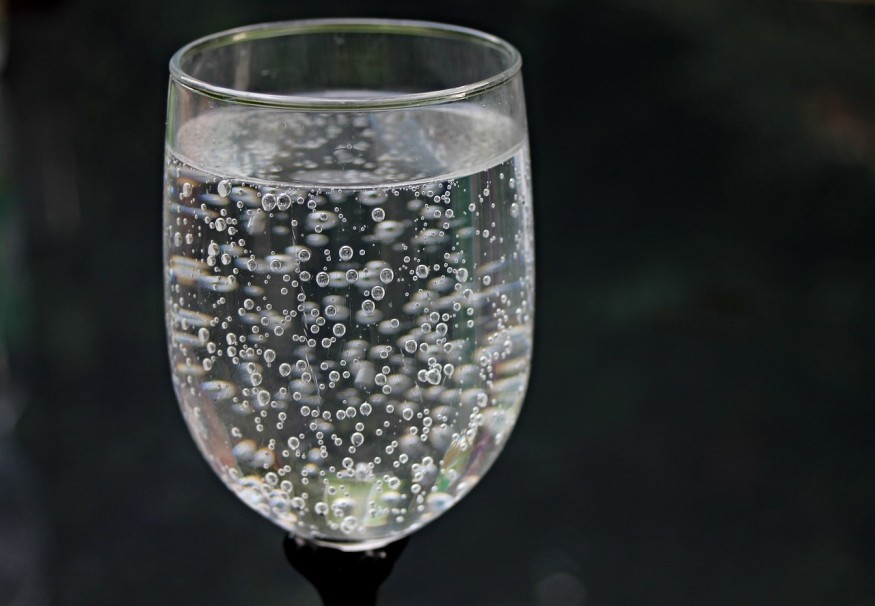
Leg cramps can lead to immense pain in the thigh, foot, or calf. When they hit, those who are affected just seek relief from the pain. That being said, are there any drinks that could aid with leg cramps?
Drinks For Leg Cramps
When experiencing leg cramps, it is generally recommended to take in plenty of fluids. In several instances, dehydration plays a role in muscle cramps. Hence, drinking sufficient water could help keep these cramps at bay.
Drinking water while experiencing leg cramps could generally help the muscles with contraction and relaxation. When the body gets hydrated, the muscles also get hydrated and become less irritable.
It may also be a good idea to take in drinks that are rich in electrolytes, such as sports drinks or coconut water. The latter, specifically, is an exemplary electrolyte source that provides potassium, calcium, sodium, phosphorus, and magnesium. All of these could help ease leg cramps.
Another drink that has been said to relieve leg cramps is tonic water, but is this really true?
Tonic Water For Leg Cramps: It Is Safe and Effective?
Tonic water is a quinine-containing soft drink that has quite a bitter taste. While quinine is commonly used for treating malaria, some think that it could aid with restless leg syndrome and leg cramp relief.
Manufacturers typically add quinine to tonic water. Consumption of quinine is believed to be safe when it is done in small doses. The FDA has granted the permission to have up to 83 parts per million of quinine in carbonated beverages.
However, there are some people who are allergic to quinine. For these individuals, it is crucial to avoid tonic water and other quinine-containing products. Pregnant or breastfeeding women, those with kidney or liver conditions, those with abnormal heartbeats, and those with low blood glucose should also avoid quinine.
There are also certain medications that could interact with quinine, including antidepressants and antibiotics. While the amounts of quinine in tonic water may not be sufficient, people with risk factors should generally avoid quinine content unless prescribed by a doctor.
While several people think that tonic water aids leg cramps, there is actually no scientific basis for this claim. The FDA has even cautioned against prescribing quinine for treating leg cramps or restless leg syndrome.
In tonic water, quinine becomes very diluted. This minimized the chances of side effects. However, if it is taken as a medication, it may have more serious side effects, such as kidney damage or abnormal heartbeat.
Overall, tonic water should not be considered a healthy drink and a drink for treating leg cramps or restless legs syndrome.
RELATED ARTICLE : Can Drinking Lots of Water Lower Blood Pressure? How Does Dehydration Affect Hypertension?
Check out more news and information on Medicine & Health in Science Times.
© 2025 ScienceTimes.com All rights reserved. Do not reproduce without permission. The window to the world of Science Times.












